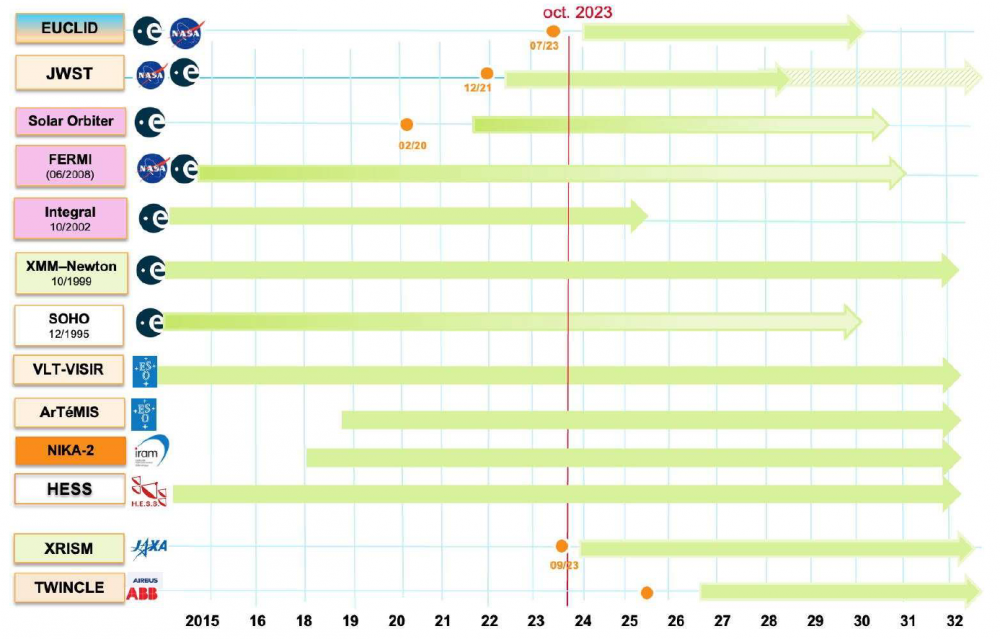Des archives aux bases de donnée.
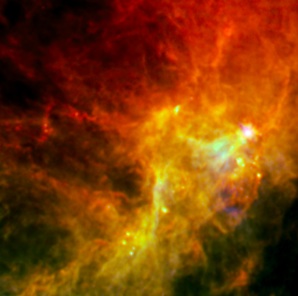
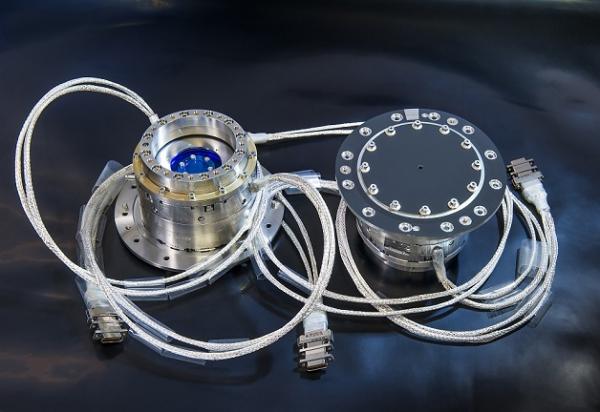
Development and integration platform for astrophysics
The development and construction of space instruments is one of the strengths of the astrophysics department.
AIM hosts a wide range of research themes developed within thematic teams. All teams are strongly involved in national and international collaborations.
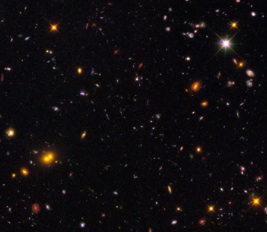
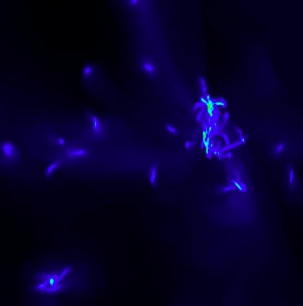
Du calcul à la simulation numérique. Ce programme, propre au Service d'Astrophysique et UMR AIM, comprend l'ensemble des projets en théorie et modélisation. From calculation to numerical simulation.
Detectors for both infinite physics
In the fields of instrumentation, Irfu's teams carry out the necessary instruments to see through its research in subatomic physics, astrophysics and cosmology.

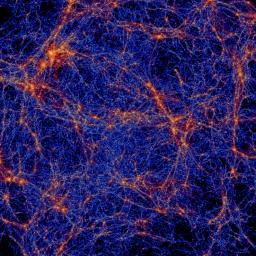
Evolution of the large structures and galaxies
Today our Universe is made up of stars, galaxies, clusters of galaxies but also huge voids. Yet when it was born over 13 billion years ago, matter was evenly distributed.
Galaxy formation and evolution
Observational Cosmology has reached an important turning point.
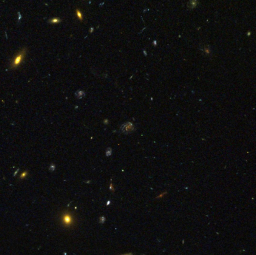
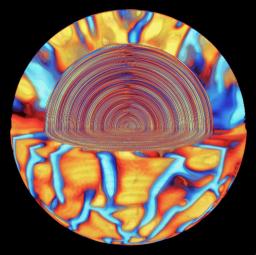
Planets, star's formation and dynamics, interstellar medium
We are studying how stars work, the Sun first of all. We have deepened our knowledge of the Sun via helioseismology observations (discovery of global gravity modes with SOHO-GOLF (Garcia et al.
The most intriguing development in modern cosmology is to realise that the better part of the Universe is essentially of unknown nature. This conclusion relies on two types of observations.
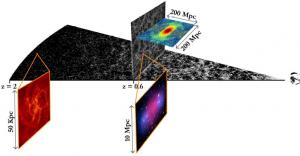
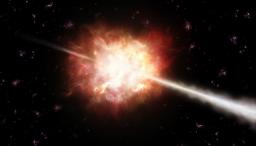
High energy cosmic phenomena and astroparticles
At high energies, the violent phenomena of the Universe are linked to the production of radiation and particles such as X-rays, gamma rays, subatomic particles of all types (charged particles, neutrinos, etc.
The AIM instrumentation team oversees the development of cutting-edge spectro-imaging instruments for space missions.
